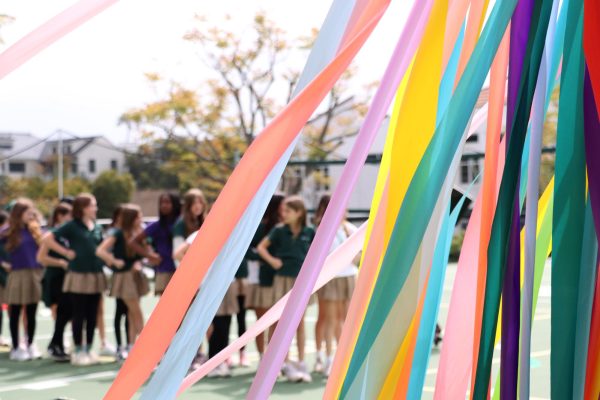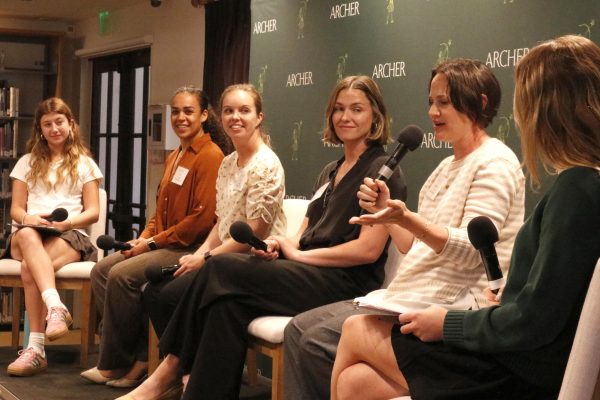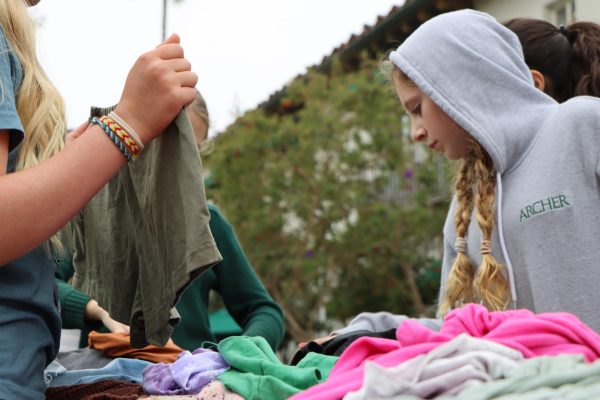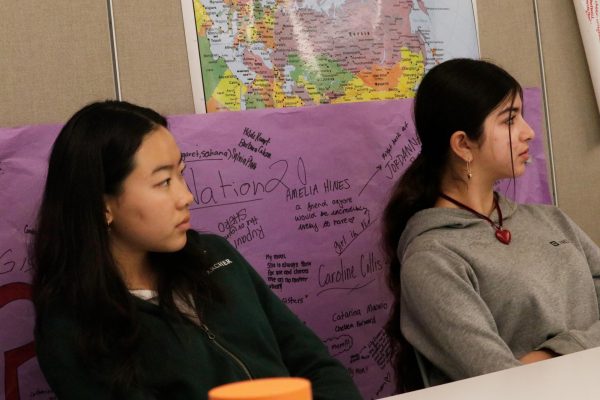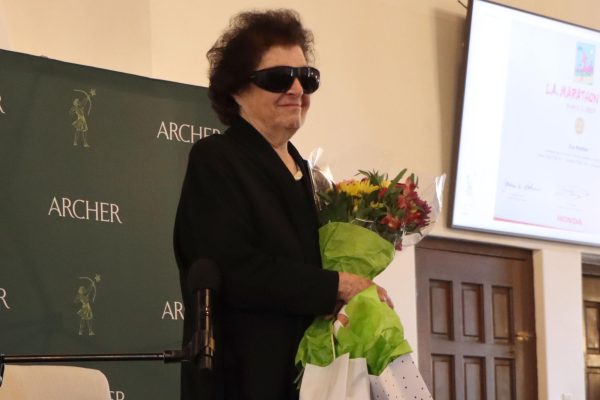‘Not just one Asian tradition’: APSU hosts game-filled celebration for AAPI Month
Photo credit: Maia Alvarez
Sophomore Camila Blank sprays seventh grader Nicole Svendsen after moving during a game of Red Light, Green Light. To commence Asian American and Pacific Islander Month, APSU hosted a celebration May 16 where students could participate in games and enjoy food from different Asian cultures. “It’s no small thing to consume Asian and Asian American media and make an Asian presence in the media more common,” Fester said. “Whether that’s music or movies or books, it’s a really big thing to increase exposure.”
May 29, 2022
Students dashing through the courtyard to the “Squid Game” Red Light, Green Light theme song. Students tasting strawberry lychee and trying to win at ttakji. To celebrate Asian American and Pacific Islander Heritage Month, the Asian Pacific Student Union hosted a celebration in the courtyard May 16, full of Asian-themed food, games and music.
“I grew up in a neighborhood that was predominantly Latino and also Korean,” APSU board member Audrey Chung (’22) said. “Jumping from that to an area where I don’t see that as much, it’s important for me to be a part of a group that sets up at least celebrations where we can recognize the everyday life, games and cute things that we played when we were younger, especially during Asian American Pacific Islander Heritage Month.”
Throughout the courtyard, students participated in games including 딱지 (ttakji/ddakji), 공기 (gonggi), 毽子 (jianzi) and Chinese jump rope.
Gonggi is where each player has five bead or marble pieces, and they complete a series of objectives related to tossing one up, picking up one or a few and catching the one they threw in the air. Chinese jump rope is a type of jumping game where, in each level, the rope goes higher as the player jumps. During Ttakji, each participant has a folded square made of paper, and they throw their paper at the other person’s to try and flip theirs over.
“We’re going to have a more serious conversation and presentation a little bit later in the month, so we wanted to do a fun, celebratory event to celebrate the culture rather than always only focusing on some of the negative things,” APSU board member Dani Fenster (’23) said. “There’s a big focus on the negatives, and we wanted to make sure that there was also an aspect of celebration.”
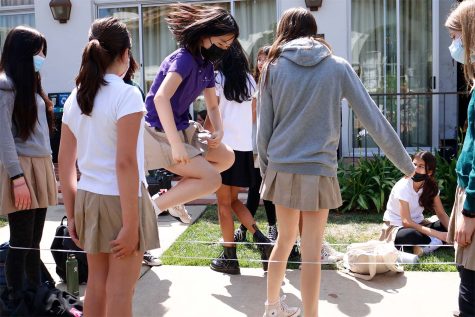
After playing the games, students tried Calpico drinks, strawberry lychee and jasmine tea and ate snacks including Pocky, Hello Panda, Hi-Chews, white rabbit candies and other types of Asian candies.
“Learning about a culture sometimes can feel so big and daunting because it’s this huge thing that you might not really know about, especially…Asian American Pacific Islander cultures — it’s a very big chunk of the world that usually gets just flattened down to one word, which is Asian,” Chung said. “With food, it’s something that you can enjoy and appreciate…just as much as understanding and respecting the grander things.”
Seventh grader Autumn Walker said the exposure to new games such as jianzi, a shuttlecock game, helped her recognize differences and connections to her own culture.
“As someone who doesn’t know as much about other different cultures, it’s good to learn to embrace and learn the different [and] fun games,” Walker said. “And also understand[ing] the connections between some of the things that other cultures do and my culture — it’s really cool to see the crossovers.”
I think it’s important for us to be able to celebrate our culture and also to acknowledge the history that’s not oftentimes [talked about] in our history class
— Alyssa Ponrartana ('23), APSU board member
Towards the end of the celebration, students gathered on one side of the courtyard to play a schoolwide game of Red Light, Green Light. Inspired by the South Korean Drama, “Squid Game”, a familiar tune played as students aimed to make it across the lawn without an APSU board member spraying them with a water gun.
Sixth grader Caroline Muldaur was one of the winners of Red Light, Green Light. Muldaur said she hopes for more interactive cultural experiences on campus in the future.
“It was so moving, and it was emotional. I really felt like when I started, I knew I was going to win,” Muldaur said. “Some people wouldn’t choose to learn [about different cultures], but fun activities really make people want to learn.”
Later in the week, APSU hosted a boba fundraiser to support CauseUSA, an organization focused on empowering the Asian Pacific American community in politics. APSU board member Alyssa Ponrartana (’23) and Fenster said the community can continue to honor Asian American and Pacific Islander Heritage Month throughout the year by supporting Asian artists and Asian-owned businesses and keeping up with news from the Asian American community.
“I know that there are only three weeks of school, so everyone’s really busy, but just take a couple of minutes to learn something new,” Fenster said. “You can put on a Spotify playlist of Asian American artists while you’re doing your homework…anything is something.”



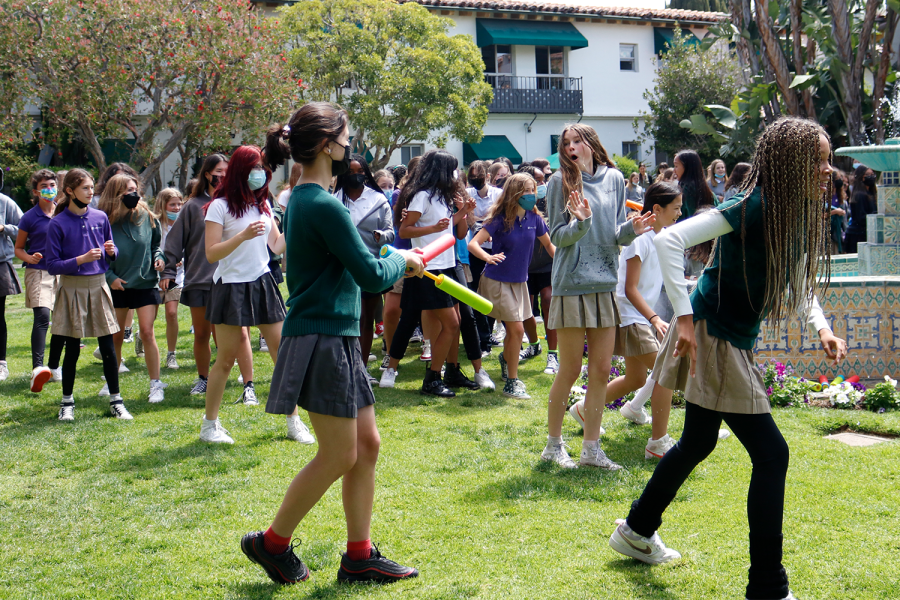
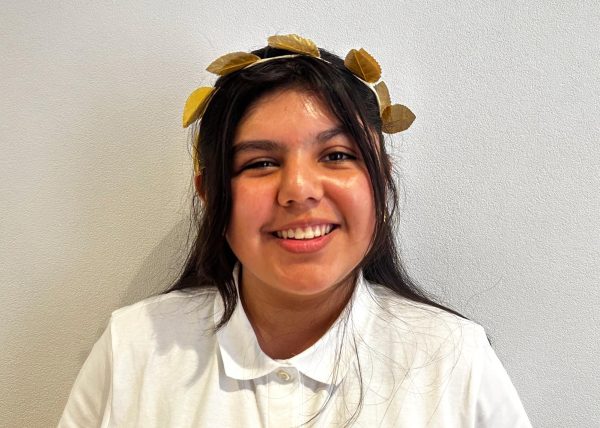





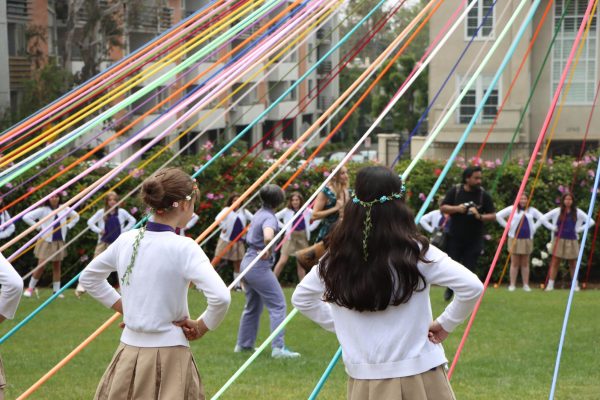
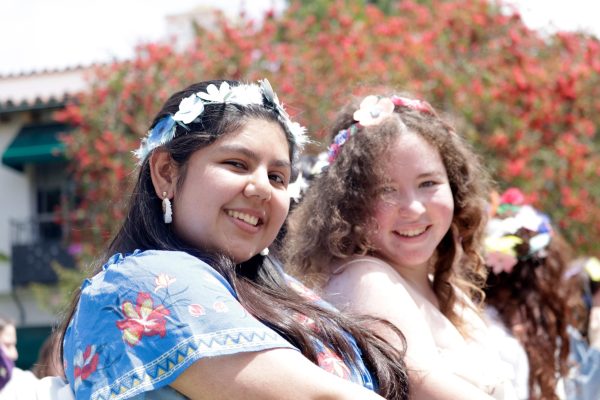
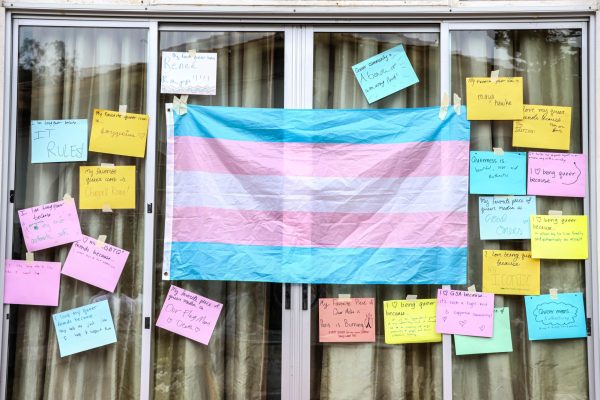
![Seniors laugh as they shoot water across the courtyard, during the annual fountain jump. I [the fountain jump] is really the culmination of your Archer experience, senior Ella Gray said. Especially because youre always around the fountain, at some point, and now you get to be in it.](https://archeroracle.org/wp-content/uploads/2024/05/MG_0817-1-600x400.jpg)

